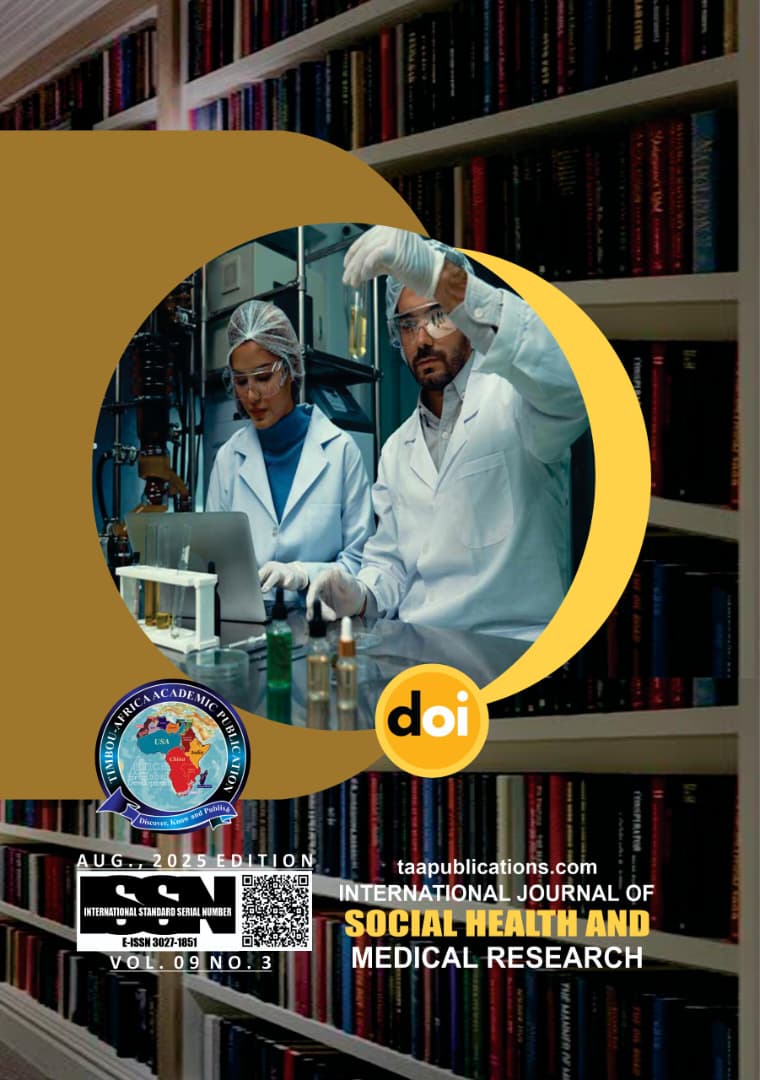PREVALENCE AND FACTORS ASSOCIATED WITH SELF-MEDICATION AMONG MARKET PEOPLE IN JIGAWA STATE NIGERIA

Abstract
Self-medication is when one uses either drugs, herbs or home remedies without the advice of a medical practitioner. The World Health Organization defines it as either the patient following his or her decision to use medications, or the pharmacist or layman advice other than that of a doctor. The World Self-Medication Industry also underscores the point that it is encompassed with utilization of drugs that are specially labeled as being safe to use without any form of medical supervision. The practice of self-medication is widespread in society, and it contributes sufficiently to the informal health sector. This paper set out to explore the prevalence and determinants of self-medication among market people in the Jigawa State in Nigeria as part of a descriptive, cross-sectional project. Results uncovered that, 31.0 percent of the respondants had practiced self-medication and the most popular current medication took consisted of anti-acids (35.5 percent) and sleeping pills (25.8 percent). Good knowledge related to self-medication was displayed by the majority of the respondents (70.2%), and poor understanding was registered by 29.8% of them. There was a mixed attitude regarding the use of self-medications with people believing it is good to be approached in minor conditions with 51.2%, and 52.4% affirming the likely serious health risks. Factors that contributed to the practice included perceived seriousness of an illness, past experience, confidence in care providers, financial limitation and social pressure. In spite of generic popularity of risks, self-medication is still extensively used which is an indication of careful, yet steady use of informal medicines. These data indicate the necessity of specific interventions that can be implemented on an education or healthcare access level as well as some communal efforts. Professional healthcare services will be offered more widely and favorable compared to self-medication by providing financial and systemic access, trust between patients and healthcare givers, and create awareness of risks associated with the service offered.
Keywords
Self-medication, Healthcare system, Analgesics, Side effect, Prevalence